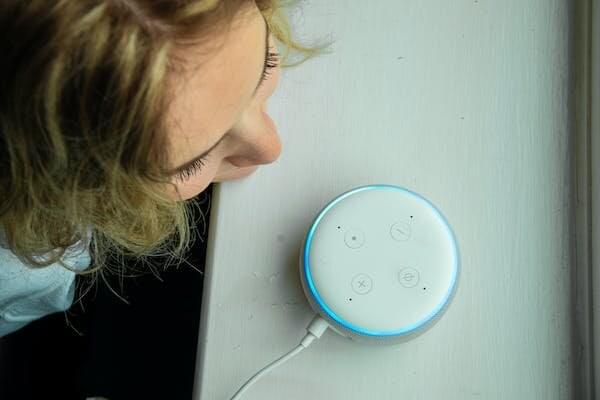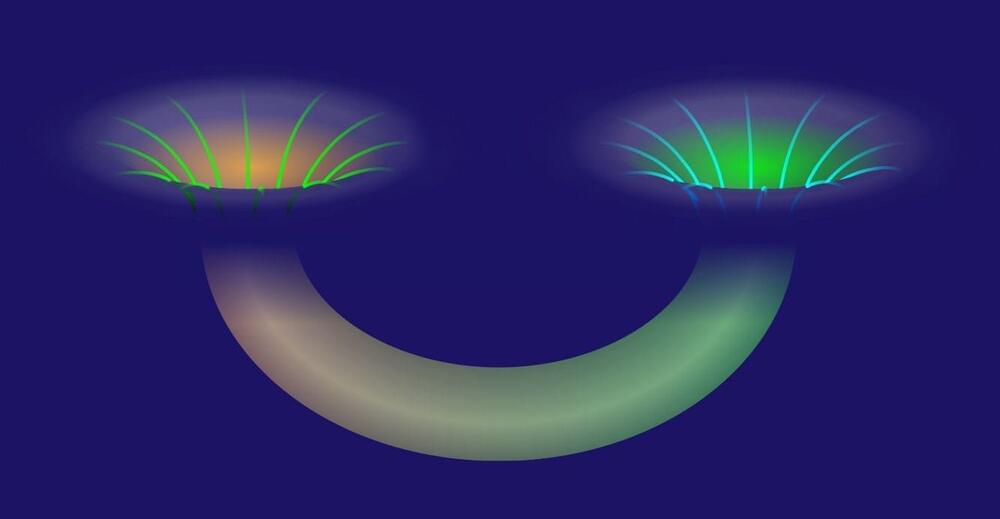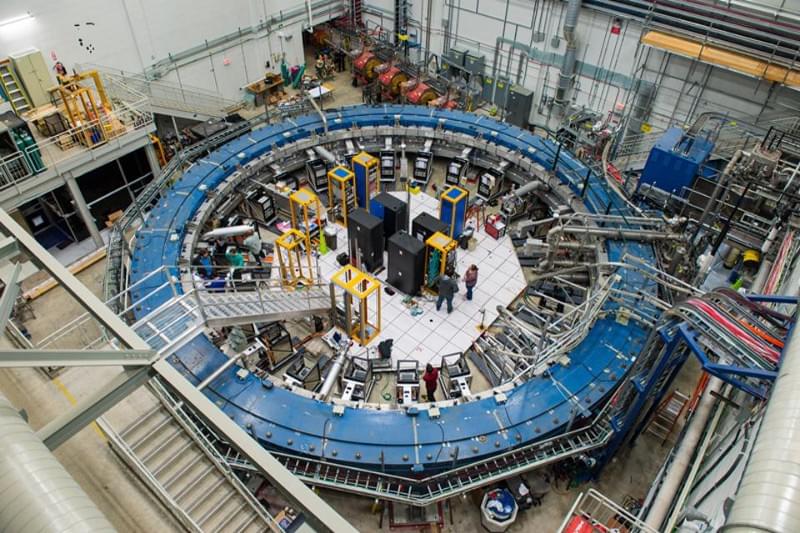For all of history, there’s been an underlying but unspoken assumption about the laws that govern the Universe: If you know enough information about a system, you can predict precisely how that system will behave in the future. The assumption is, in other words, deterministic. The classical equations of motion — Newton’s laws — are completely deterministic. The laws of gravity, both Newton’s and Einstein’s, are deterministic. Even Maxwell’s equations, governing electricity and magnetism, are 100% deterministic as well.
But that picture of the Universe got turned on its head with a series of discoveries that began in the late 1800s. Starting with radioactivity and radioactive decay, humanity slowly uncovered the quantum nature of reality, casting doubt on the idea that we live in a deterministic Universe. Predictively, many aspects of reality could only be discussed in a statistical fashion: where a set of probable outcomes could be presented, but which one would occur, and when, could not be precisely established. The hopes of avoiding the necessity of “quantum spookiness” was championed by many, including Einstein, with the most compelling alternative to determinism put forth by Louis de Broglie and David Bohm. Decades later, Bohmian mechanics was finally put to an experimental test, where it failed spectacularly. Here’s how the best alternative to the spooky nature of reality simply didn’t hold up.




